Waylon Jennings

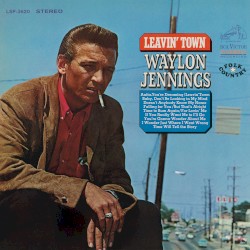
Leavin’ Town (1966)
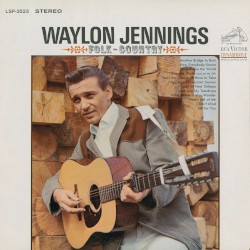

The One and Only (1967)
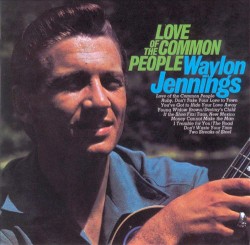
Love of the Common People (1967)

Jewels (1968)
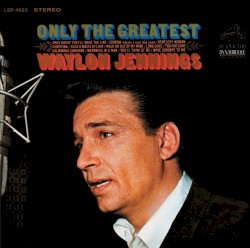
Only the Greatest (1968)

Just to Satisfy You (1969)
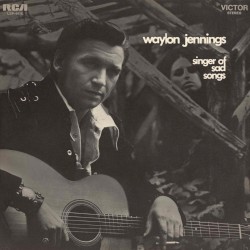
Singer of Sad Songs (1970)

Cedartown, Georgia (1971)
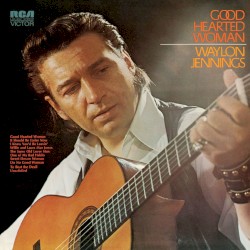
Good Hearted Woman (1972)
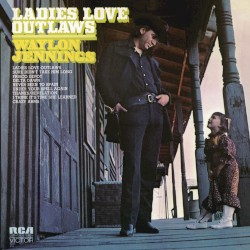
Ladies Love Outlaws (1972)
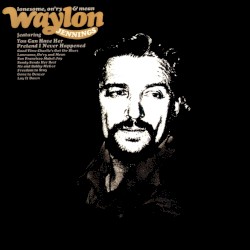
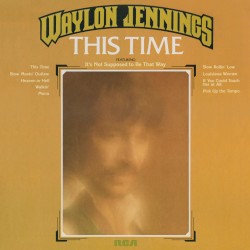
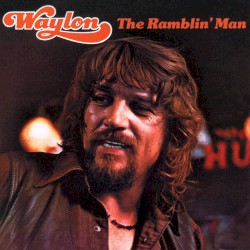
The Ramblin’ Man (1974)

I’ve Always Been Crazy (1978)
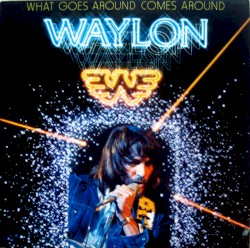
What Goes Around Comes Around (1979)

Black on Black (1982)

Waylon and Company (1983)

It’s Only Rock & Roll (1983)

Never Could Toe the Mark (1984)

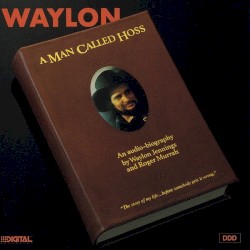
A Man Called Hoss (1987)
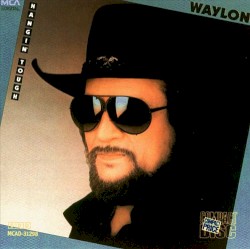
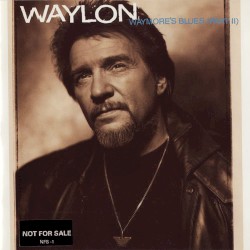
Waymore’s Blues (Part II) (1994)



Honky Tonk Heroes (2000)
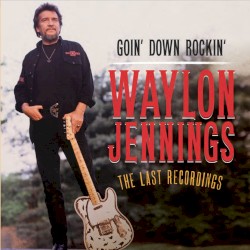
Goin’ Down Rockin’: The Last Recordings (2012)

Other Songs
- (Sittin’ on) The Dock of the Bay
- A Bad Day
- A Couple More Years
- A Lot of Good
- Ain’t Livin Long Like This
- Ain’t No God in Mexico
- All of My Sisters Are Girls
- Anita You’re Dreaming
- Are You Ready for the Country
- Are You Sure Hank Done It This Way
- Armed and Dangerous
- Black Rose
- Blue Diamond
- Bob Wills Is Still the King
- Brand New Goodbye Song
- Can’t You See
- Can't You See
- Can't You See
- Clyde
- Cowboy Movies
- Didn’t We Shine
- Didn't We Shine
- Dirt
- Don’t Think Twice, It’s Alright
- Don't Think Twice, It's Alright
- Don't Cuss the Fiddle
- For Lovin’ Me
- Gold Dust Woman
- Grey Eyes You Know
- Hank Williams Syndrome
- He Went to Paris
- Heartaches Older Than You
- Her Man
- Heroes
- High Time (You Quit Your Lowdown Ways)
- Honky Tonk Heroes
- I Can Get Off on You
- I Could Write a Book About You
- I Just Can’t Wait
- I May Be Used
- I Recall a Gypsy Woman
- I Think I’m Gonna Kill Myself
- I’ll Go Back to Her
- I’m Little
- I’ve Got My Faults
- If I Can Find a Clean Shirt
- If I Could Only Fly
- If You See Me Getting Smaller
- Jack of Diamonds
- Just Talkin’
- Lady in the Harbor
- Last Cowboy Song
- Let’s Turn Back the Years
- Lonesome On’ry and Mean
- Lookin' for a Feeling
- Looking for Suzanne
- Low Down Freedom
- Luckenbach, Texas (Back to the Basics of Love)
- Medley of Buddy Holly Hits
- Mississippi Woman
- Nashville Wimmin’
- Never Could Toe the Mark
- Old Age and Treachery
- Old Church Hymns And Nursery Rhymes
- Old Friend
- Omaha
- Outlaw Shit
- People Up in Texas
- Precious Memories
- Put Me on a Train Back to Texas
- Reno And Me
- Ride Me Down Easy
- Rocks From Rolling Stones
- Satin Sheets
- She’s Looking Good
- Silent Partners
- Six White Horses
- Small Packages
- So Good Woman
- Storms Never Last
- Suddenly (single)
- Sweet Caroline
- Take It to the Limit
- The Door Is Always Open
- The Eagle
- The Good Ol’ Nights
- The Makin’s of a Song
- The Old Mother’s Locket Trick
- The Taker
- The Teddy Bear Song
- The Year 2003 Minus 25
- Them Old Love Songs
- Till I Gain Control Again
- Too Close To Call
- Too Dumb for New York City
- Tryin’ to Outrun the Wind
- Tryin' to Outrun the Wind
- Two Old Sidewinders
- Waking Up With You
- Waltz Across Texas
- Wasting Time
- Waymore’s Blues
- We Had It All
- What Bothers Me Most
- Whatever Gets You Through the Night
- When I Get Big
- Where Corn Don’t Grow
- Why Baby Why
- Workin’ Cheap
- Write Your Own Songs
- Wrong
- You Deserve The Stars In My Crown
- You Went Out With Rock 'N' Roll
- You’ll Look for Me
- You'll Never Take Texas Out Of Me
http://www.waylon.com/